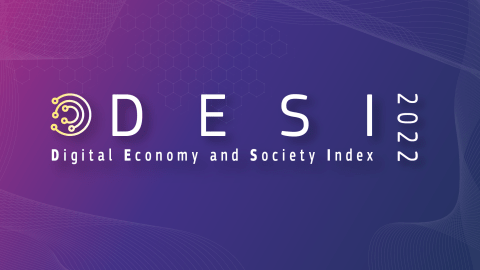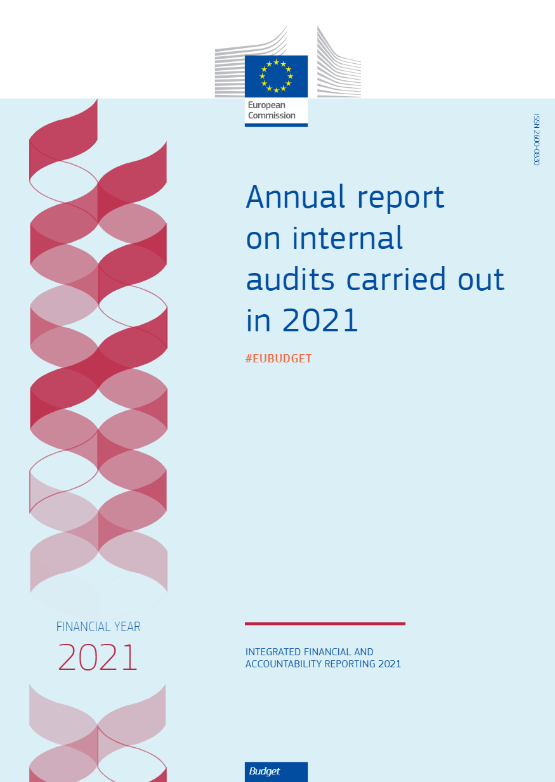Last Thursday 28th July, the Governing Council of the ECB decided to increase the key interest rates by 0.5 percent, which differed from the initial plan to increase rates by 0.25 percent. But has it not come too late? Other major central banks reacted to inflation much earlier.
We started the normalisation of our monetary policy in December, when we decided to halt our pandemic emergency purchase programme (PEPP) in March and the asset purchase programme (APP), later in June. These decisions were taken in line with the data received and the uncertainty about the outlook. The Russian invasion of Ukraine further added to that uncertainty. Moreover, according to our forward guidance, ending bond purchases was a necessary first step before we could raise interest rates.
Our decision last week to increase rates by 50 basis points instead of 25 is a result of a combination of factors. The main one was the continued acceleration of inflation in June. From now on, we will analyse the situation within the Governing Council on a meeting-by-meeting basis depending on the data we receive.
In Estonia, there is a general belief that the main cause of high inflation in the euro area is the ECB’s asset purchase programme (QE), or in other words money printing.
I think there are a variety of elements behind the evolution of inflation. First, the increase in energy and commodity prices, which is affecting inflation worldwide; second, systemic supply-side shocks; and third, the sharp increase in demand as the European economy reopened after the pandemic. Therefore, inflation is not due to a single factor, but to a combination of factors.
As the effects of the pandemic fade away, the exceptional fiscal and monetary policies that were needed should be gradually normalised.

Spain and its Digital Economy and Society Index 2022 |
I think the ECB is in a very complicated situation. On the one hand, steep inflation requires higher interest rates; on the other hand, we are going to face a difficult winter and possibly an energy crisis. However, the increase in interest rates puts an additional burden on indebted businesses and households.
Indeed, the outlook is complicated right now. The recent projections of the European Commission clearly show a slowdown in growth, while inflation is expected to remain high in the coming months. Therefore, we are going to face a combination of slow growth and high inflation.
It is important to bear in mind that the ECB’s mandate is to maintain price stability at two per cent over the medium term, to which we are fully committed. Therefore, the main factor that will guide our decisions will be the evolution of inflation.
Several euro area governments, for example Spain, Portugal and especially Italy, have a very high debt level. I understand that the task of the ECB’s new tool, the Transmission Protection Instrument (TPI), is to deal with the differences between bond interest rates (spreads) in different countries becoming too wide.
The TPI was designed to ensure that the monetary policy stance is transmitted smoothly across all euro area countries. It should address unwarranted, disorderly market dynamics that could threaten the transmission. We hope that we won’t have to use it, but if we do, we will not hesitate.
Clearly, fiscal positions are heterogeneous among the different EU Member States. But the situation is not comparable to the one 10 to 12 years ago, at the time of the sovereign debt crisis in Europe. For example, if we look at the competitiveness of the southern European economies, we see it has strengthened significantly. The divergences are not as big as they were back then. Fiscal reforms have been introduced, macroeconomic imbalances significantly reduced.
The institutional framework is also stronger with the banking union, even if it is still incomplete. Currently, we have a much clearer framework for dealing with any potential crisis, as we witnessed, for example, during the pandemic.
But fiscal policy has an important role to play at present along with monetary policy, in avoiding the emergence of unwarranted fragmentation.
Is it possible to have a successful unified monetary policy in such different countries – for example, on the one hand, Germany and Estonia, which have a low level of debt, and Italy on the other hand, with a very high level of debt?
The euro is not only an economic or a financial project, it is also the most important political project in the European Union, which keeps us united. We should not underestimate the political will behind the European project that will be able to overcome the difficulties that we are currently facing. Divergences amongst countries can also be a source of diversity and enrich the monetary union. But, in any case, the gaps are not the same as they were a decade ago.
Fiscal policy has a very important role to play. Highly indebted countries must reduce their fiscal debt gradually according to their specific situation. On the monetary policy side, we have to monitor inflation very carefully, because, while in some countries, like Estonia, inflation is very high, there are other countries where inflation is considerably lower – around 6%. It is our duty to act for the euro area as a whole.
Markets are very worried about the situation in Italy. Will we see another economic crisis in the near future?
The institutional framework is very different from what it was a decade ago. Beyond the banking union, we have launched Next Generation EU to support EU Member States’ recovery from the pandemic, which is yet another sign of European unity in the face of crises. A new instrument, the TPI, to deal with unwarranted fragmentation in the euro area, has also been added to the rich central banking toolbox.
I cannot comment on the political situation of specific countries. But in terms of monetary policy and financial stability, we are united and committed to fulfilling our mandate. We hope countries and governments will apply the correct fiscal and structural policies in line with the EU’s recovery plan.
The euro exchange rate has fallen almost to parity with the US dollar. Is it a problem?
We at the ECB don’t target the exchange rate. But it is a very important macroeconomic indicator that we take into account when making our projections. Undoubtedly, the depreciation of the euro has been one of the factors behind the high inflation and the rise in energy prices denominated in euro. The exchange rate was of course considered in our discussion last week, as we are aware of its impact on the evolution of inflation.

Annual report on internal audits carried out in 2021 Financial year 2021 |







Leave a Reply